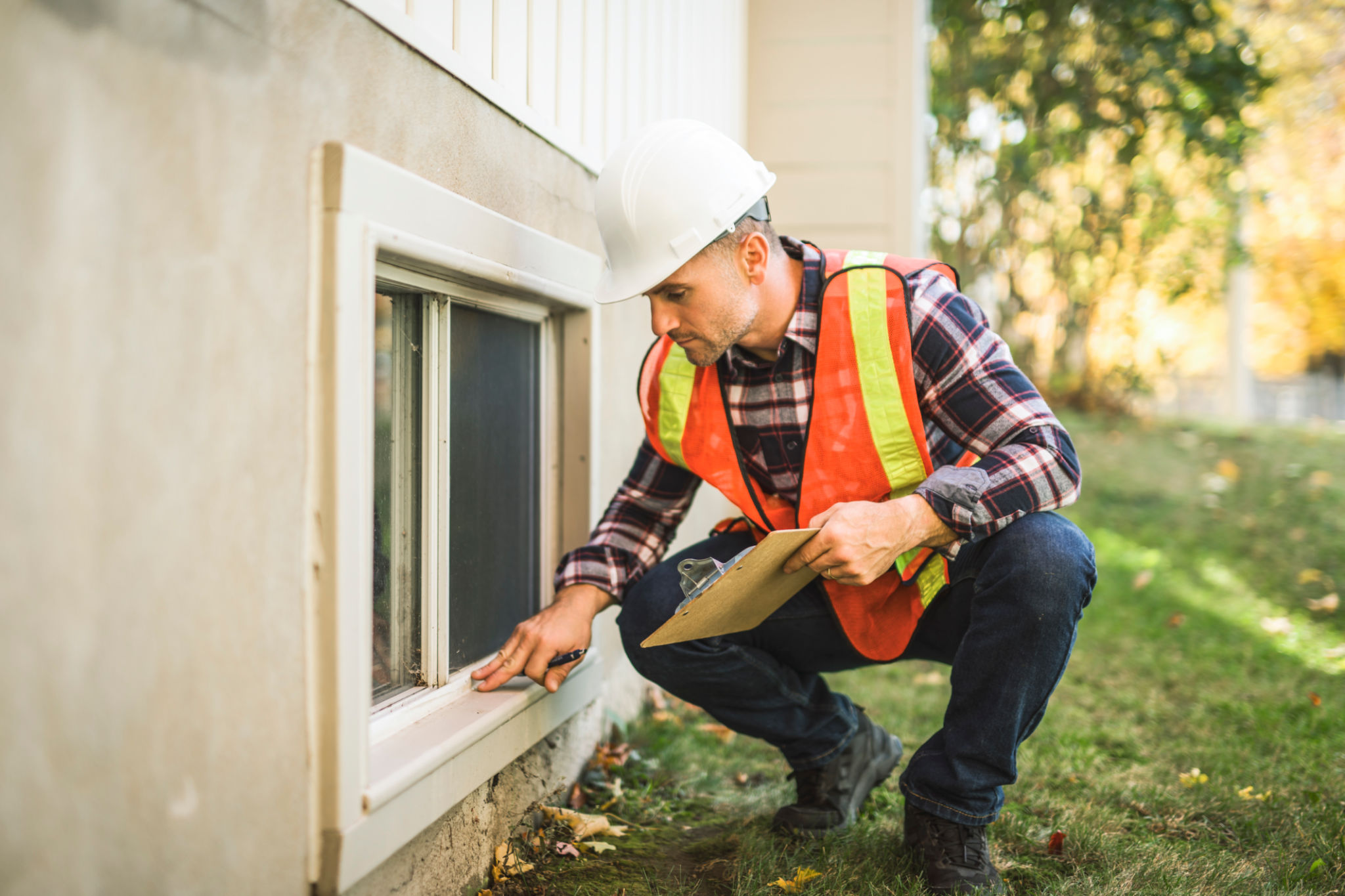Avoiding Common Mistakes in Home Inspections
Understanding the Importance of Home Inspections
Home inspections are a critical step in the home buying process, providing insight into the condition of a property. They can uncover hidden issues that might not be visible at first glance. Failing to conduct a thorough inspection can lead to costly surprises down the road. To avoid these pitfalls, it’s essential to understand common mistakes and how to avoid them.

Choosing the Right Inspector
One of the most common mistakes is not selecting a qualified inspector. It’s important to do your research and choose someone who is certified and experienced. Ask for recommendations from friends or real estate agents, and check online reviews to ensure credibility. A well-qualified inspector will provide a comprehensive report and answer any questions you may have.
Additionally, consider accompanying the inspector during the process. This will give you a clearer understanding of any issues and allow you to ask questions on the spot. A visual walkthrough can provide peace of mind and a better grasp of the property's condition.
Being Present During the Inspection
Another mistake buyers often make is not being present during the inspection. By attending, you can gain firsthand knowledge of the property’s condition and better understand the inspector’s findings. This also provides an opportunity to ask questions and get immediate clarifications on any issues.

Overlooking Minor Issues
While major structural issues are a primary concern, it’s also important not to overlook minor problems. These can accumulate over time and lead to bigger issues. Pay attention to small details such as leaky faucets, electrical outlets, and minor cracks. Addressing them early can prevent future headaches.
Make a list of all noted issues, no matter how small, and prioritize repairs based on importance and budget. This proactive approach can save you money in the long run.
Misinterpreting Inspection Reports
Inspection reports can be technical and overwhelming, leading to misinterpretation. It’s crucial to take the time to review the report thoroughly and discuss it with the inspector. Don’t hesitate to ask for explanations of terms or clarification on issues that seem unclear.

Remember, the goal is to understand the true condition of the property, not to negotiate a lower price. Use the report to make informed decisions about repairs or renegotiations.
Ignoring the Importance of Follow-Up
After receiving the inspection report, it’s important to follow up on identified issues. Whether it involves getting quotes for repairs or scheduling further evaluations, taking action is key. Ignoring these follow-ups can lead to unresolved problems that may worsen over time.
By addressing these common mistakes and approaching home inspections with diligence, you can ensure a smoother buying process and a more secure investment in your new home.